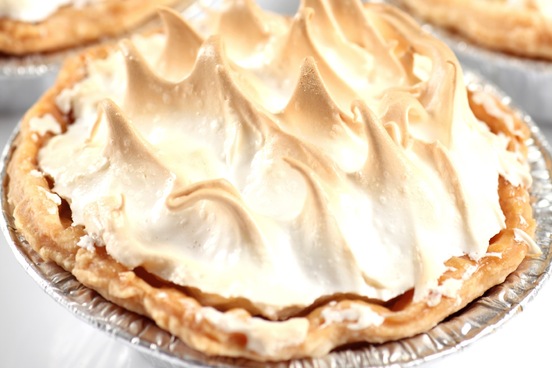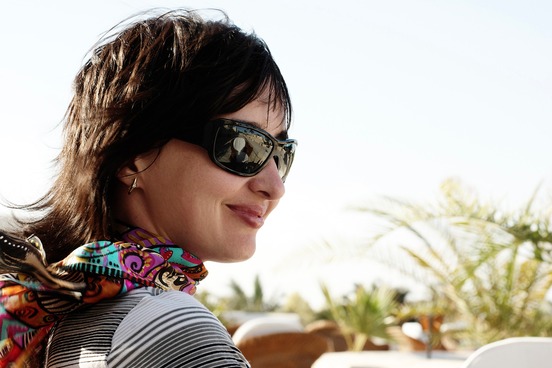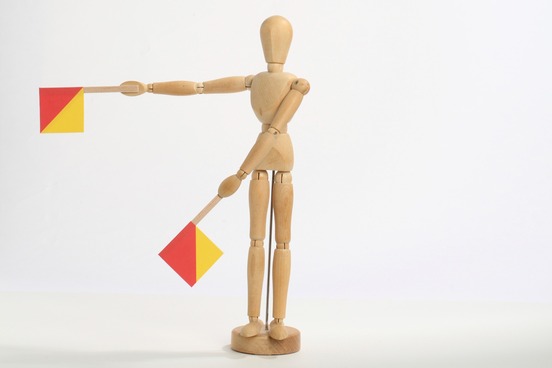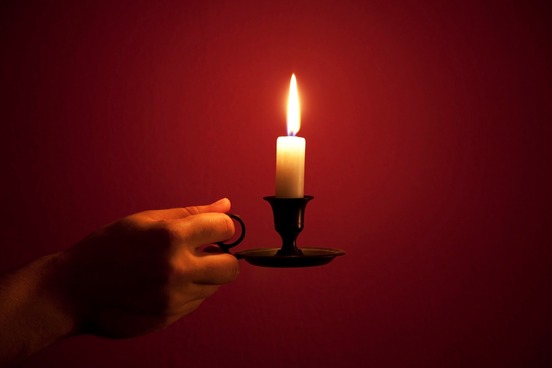
Albumen
The Scripps National Spelling Bee began in 1925. In this list we present some of the most intriguing winning words from over the decades.
Spelled By:
Betty Robinson, 1928
Used in a Sentence:
"Well-beaten albumen is the key to impressive meringue."
About the Word:
Albumen is the white of an egg. The word comes from albus, Latin for "white."

Foulard
Spelled By:
Ward Randall, 1931
Used in a Sentence:
"I'm not French, but I have come dressed as a smart European from the late 1950s (below-the-knee skirt and a foulard) to experience the latest event from Secret Cinema." - Lucy Farmer, More Intelligent Life, May 11, 2011
About the Word:
In French, a foulard is a silk handkerchief (or, nowadays, the controversial headscarf). In English, foulard refers to a lightweight silk, usually with a printed pattern, or an article of clothing—such as a tie, scarf, or handkerchief—made of that material.

Semaphore
Spelled By:
John McKinney, 1946
Used in a Sentence:
"After their radios failed, the sailors were glad they knew the semaphore system and could signal for help."
About the Word:
Semaphore is "a system of visual signaling by two flags held one in each hand."
Sema comes from the Greek word for "sign" or "signal." In International Scientific Vocabulary, phore means "carrier."

Soubrette
Spelled By:
Elizabeth Hess, 1953
Used in a Sentence:
"A petite dancer with a strong allegro technique and dazzling smile, Reyes was born to be the perky soubrette, and well she knows it." - Eric Taub, Ballet Magazine, June 2006
About the Word:
The meanings of soubrette include "a coquettish maid or frivolous young woman in comedies" and "a soprano who sings supporting roles in comic opera." The ancestor of the French soubrette meant "coy."

Eudaemonic
Spelled By:
Henry Feldman, 1960
Used in a Sentence:
"If hedonic happiness is the happiness of the senses, then eudaemonic happiness is the happiness of the soul." - Craig and Marc Kielburger, Me to We: Finding Happiness in a Material World, 2008
About the Word:
Pronunciation: \yoo-dee-MAH-nik\
Eudaemonic means "producing happiness." The topic of happiness interested Aristotle and other Greeks, who coined eudaimonismos to mean "system of happiness."

Narcolepsy
Spelled By:
Tim Kneale, 1976
Used in a Sentence:
"Older adults with narcolepsy have frequent 'sleep attacks' at various times of the day, even if they have had normal amounts of nighttime sleep." - Mario Garrett, signonsandiego.com, May 10, 2011
About the Word:
Narcotics make you sleep, and narcolepsy is characterized by attacks of sleep. The Greek ancestor of narco- means "to benumb"; lepsy means "attack, seizure."

Elucubrate
Spelled By:
Jacques Bailly, 1980
Used in a Sentence:
"To complete his studies, the young Abraham Lincoln famously had no choice but to elucubrate at night in his family's log cabin."
About the Word:
Pronunciation: \ee-LOO-kyuh-brayt\
The Latin elucubrare meant "to compose by lamplight." The discipline required of that activity helped elucubrate develop the sense "to work out or express by studious effort."

Vivisepulture
Spelled By:
Wendy Guey, 1996
Used in a Sentence:
"In the 18th and 19th centuries, the fear of accidental vivisepulture, or premature burial, led to the creation of safety devices that enabled the occupant of a grave to ring a bell above the ground if he woke up in his coffin alive."
About the Word:
Pronunciation: \viv-ih-SEP-ul-cher\
The act or practice of burying alive, known as vivisepulture, has a linguistic link to vivisection, dissecting something still alive. The vivi- in both words has an ancestor in the Latin vivere, "to live."

Pococurante
Spelled By:
Sai R. Gunturi, 2003
Used in a Sentence:
"He has put up a strangely pococurante front throughout this whole ordeal."
About the Word:
This word is a direct borrowing from Italian, where poco curante means "caring little."

Cymotrichous
Spelled By:
Sukanya Roy, 2011
Used in a Sentence:
"That hair salon is popular with a cymotrichous clientele."
About the Word:
Cymotrichous means "having wavy hair."
According to Sukanya, the winning speller, "I went through the dictionary once or twice, and I guess some of the words really stuck."





